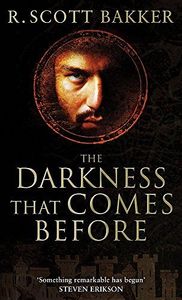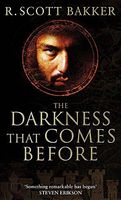- Edition
- ISBN 9781841494081
Reviews
Ralston Hough@ralstonhough
Nate@meiii
Michael Springer@djinn-n-juice
Gavin@gl
Fraser Simons@frasersimons
Jenna Kathleen@jennarator
A. D. Knapp@haselrig
Sherry@catsareit
Sunny@cyrodiilictomes
Bulkan Evcimen@bulkan
Greg Copeland@gtco
Shane Palmer@theshaneth
Dipo Apelehin@diposoffree
Mrigank@mrigoo
Samuel Linde@samuellinde
Vince Nguyen@vincenguyen
Tetiana Bilokin@gorob4ik



